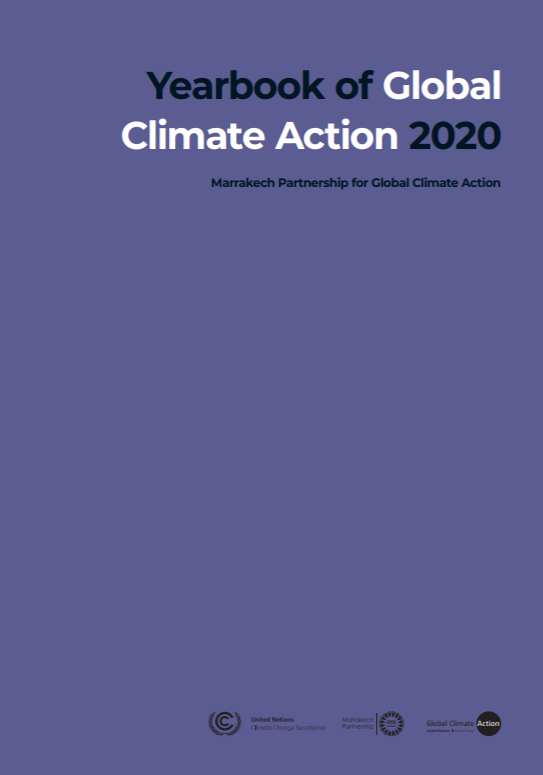Summary
State of Global Climate Action 2020
There was a significant increase in subnational and corporate net-zero targets in the past year, nearly doubling from late 2019 to late 2020 with 826 cities and 103 regions (representing about 11 per cent of the global population) and 1,565 companies making commitments despite the COVID-19 pandemic and the economic downturn that it brought about.
Impacts of COVID-19
The pandemic, which today impacts all countries, all peoples, and all parts of the economy, shares similarities with the climate change crisis that has been looming over the past decades. Both have been foreseen, their impending occurrence has been underestimated, and their impacts are wide-ranging.
Seeing that the planet’s unfolding environmental crisis poses a deep emergency, the post-COVID recovery process needs to be turned into an opportunity to tackle both challenges in tandem, and build a better future.
A range of actors are calling for a green resilient recovery, and various analyses show how recovery plans focusing on low-carbon sustainable measures can also create better socioeconomic outcomes and a healthier environment for all. A number of tools and inputs are being made available to help governments and other stakeholders in shaping sustainable recovery plans. NonParty stakeholders have also been instrumental in responding to the crisis, and in providing studies, tools and resources to help decision-makers shape a recovery that addresses challenges beyond those that are in their field of vision at the moment.
Three vital recommendations enshrined in the Paris Agreement and the 2030 Agenda for Sustainable Development can help provide guidance on how to address the compounding crises and reach the goals both frameworks seek to achieve:
- Enhance cooperation
- Seek balance
- Build resilience
This will ultimately be the key for our transition into a more equitable,
resilient and sustainable world.



